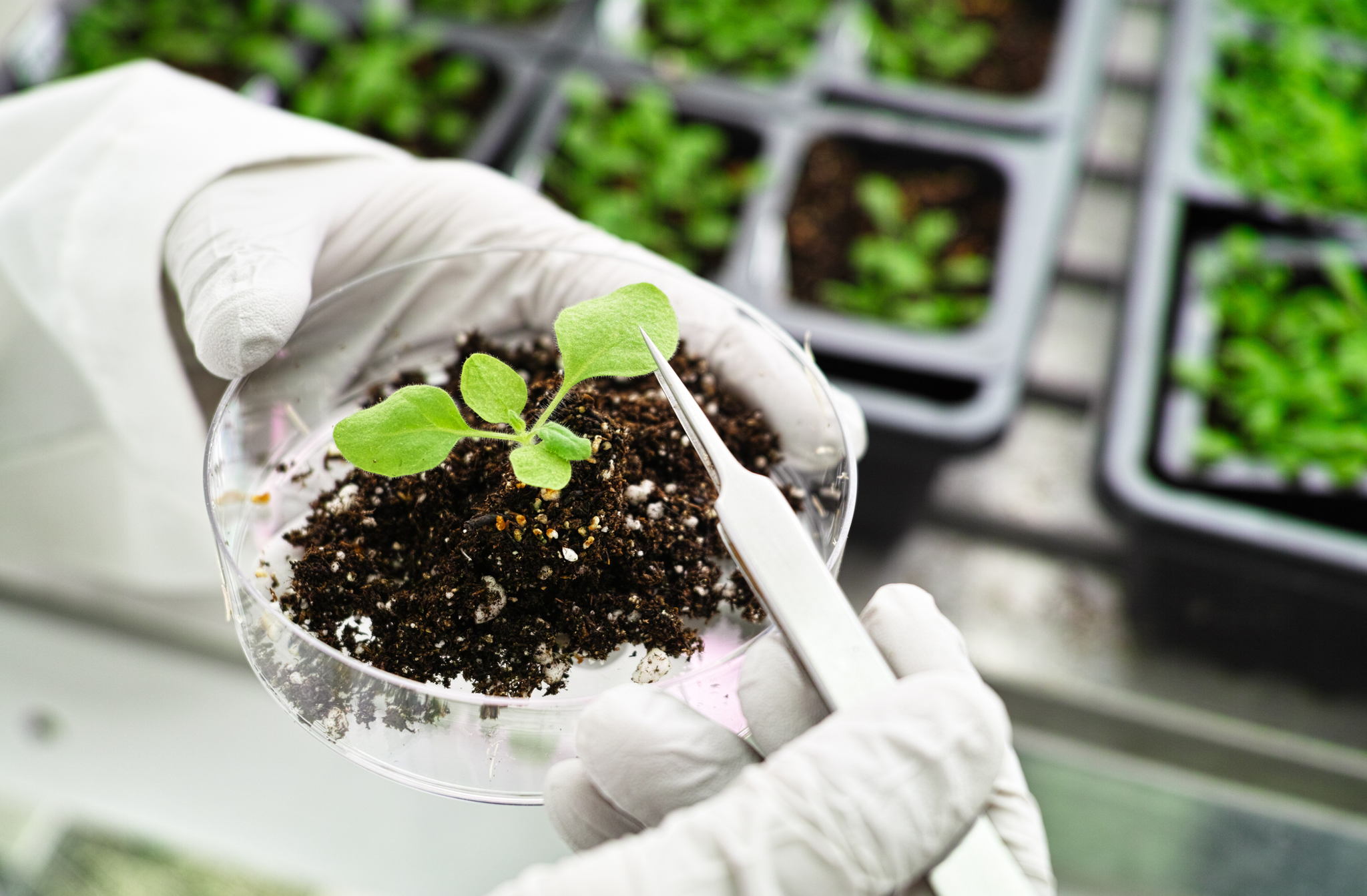St. Vincent and the Grenadines: A technopole for plant based research in the 21st Century
Article Courtesy News784
St. Vincent and the Grenadines has positioned itself on the world stage in the 21st Century in the areas of international affairs, regional and local development.
The construction of the Argyle International Airport, the current widespread development in tourism, fisheries expansion, biodiversity conservation, and green energy / geothermal exploration places this geographically small island in the “Rising Star” category globally.
Today, the children of the almost two decades old Education Revolution are returning to their country. This is taking place at a time when the island’s Agricultural Sector is deepening its diversification production platform aimed to increase the profitability of the sectors to raise the standard of living of those that depend on this burgeoning Industry.
The recently passed Plant Breeders Rights Act, has opened the door for scientists from around the world to come to St. Vincent and the Grenadines to conduct research, knowing that their work will be legally protected.
The emerging modern plant-based medicinal research industry in the Caribbean is the future, and St. Vincent and the Grenadines is leading on this path.
The island’s Minister of Agriculture, Hon. Saboto Caesar, expressed satisfaction, that St. Vincent and the Grenadines has been able to attract experts interested in exploring the medicinal value of indigenous plants, cannabis and other plants that may thrive in tropical conditions and possess medicinal properties. He sees the research of these plants for medicinal purposes as an industry.
The island’s youth working alongside local, regional and international investors have started creating breakthroughs in plant-based medicine. The extraction of plant-based oil may very well be the island’s equivalent of an Oil Industry.
The research work in plant breeding will also impact food crops. More disease tolerant and productive plants will be introduced to farmers. The Biotechnology Lab owned and operated by the Government of St. Vincent and the Grenadines will play a central role in this development.
The opportunities in St. Vincent and the Grenadines are endless. The Medicinal Cannabis Authority is completing a state of the art research and testing lab; a high tech extraction facility is expected to be commissioned by mid-2020, and several research conventions surrounding plant-based medicine will take place this year on the island.
St. Vincent and the Grenadines has successfully established a brand in the Western Hemisphere as a prime destination not only for tourism but for research in plant-based medicine. This new era is expected to attract investors interested in funding researchers, with the ultimate goal – the improvement of healthcare for all of humanity.

.jpg)




